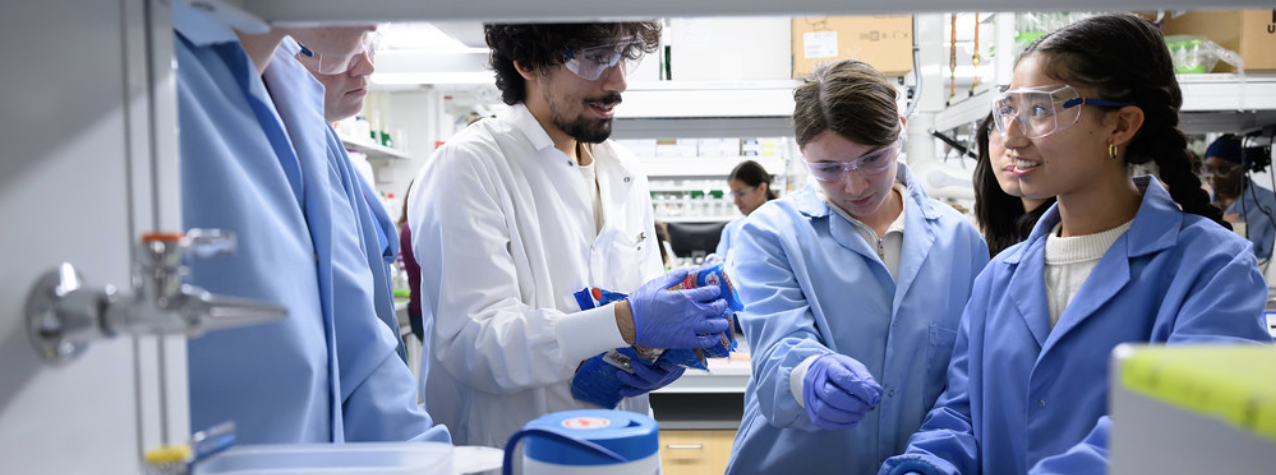Course 10: Bachelor of Science in Chemical Engineering
This program is for students who seek a broad education in the application of chemical engineering to a variety of specific areas, including energy and the environment, nanotechnology, polymers and colloids, surface science, catalysis and reaction engineering, systems and process design, and biotechnology. Program requirements include the core chemical engineering subjects with a chemistry emphasis. Course Requirements
The Chemical Engineering program (Course 10) is accredited by the Engineering Accreditation Commission of ABET, under the commission’s General Criteria and Program Criteria for Chemical, Biochemical, Biomolecular, and similarly named engineering programs. [Enrollments | Degrees]
Program Educational Objectives for Course 10
Within a few years of graduation, our students will attain the following:
- Professional responsibility through the practice of science and engineering science that underlie modern chemical and biological technologies
- Experience in the creative application of chemical and biological technologies to the solution of problems for the betterment of society, in a broad range of career paths
- Leadership roles through awareness of the broader context of environmental, social, safety and economic issues that affect their decisions, and highest standards of ethical practice
- Effective communication and, team and project management skills to work productively within their professions and communities
- Engagement in continued self-improvement and lifelong learning required to meet emerging and evolving demand, and increasing responsibilities of a successful career
Student Outcomes for Course 10
By the time students complete their program, they will have attained the following two sets of skills and abilities. The first are the ABET student outcomes that are standard for all ABET-accredited engineering programs:
- an ability to identify, formulate, and solve complex engineering problems by applying principles of engineering, science, and mathematics
- an ability to apply engineering design to produce solutions that meet specified needs with consideration of public health, safety, and welfare, as well as global, cultural, social, environmental, and economic factors
- an ability to communicate effectively with a range of audiences
- an ability to recognize ethical and professional responsibilities in engineering situations and make informed judgments, which must consider the impact of engineering solutions in global, economic, environmental, and societal contexts
- an ability to function effectively on a team whose members together provide leadership, create a collaborative and inclusive environment, establish goals, plan tasks, and meet objectives
- an ability to develop and conduct appropriate experimentation, analyze and interpret data, and use engineering judgment to draw conclusions
- an ability to acquire and apply new knowledge as needed, using appropriate learning strategies
The second set of outcomes are specific to the undergraduate course 10 program:
- an ability to apply basic mathematics, physics, chemistry and biology that underlie the practice of modern Chemical Engineering technology
- an ability to apply the engineering sciences of mass and energy balances, thermodynamics of physical and chemical equilibria, and heat, mass and momentum transfer that underlie the analysis and design of process engineering components
- an ability to apply science and engineering in the analysis and evaluation of process engineering components and systems
- an ability to accomplish basic design and optimization of process components and systems
- an understanding of the molecular structure and interactions and how these parameters influence macroscopic properties
- an understanding of basic engineering economics and the ability to apply economic principles to the design and optimization of process engineering systems
- an ability to use computers in problem solving and basic facility in the use of available software applications


